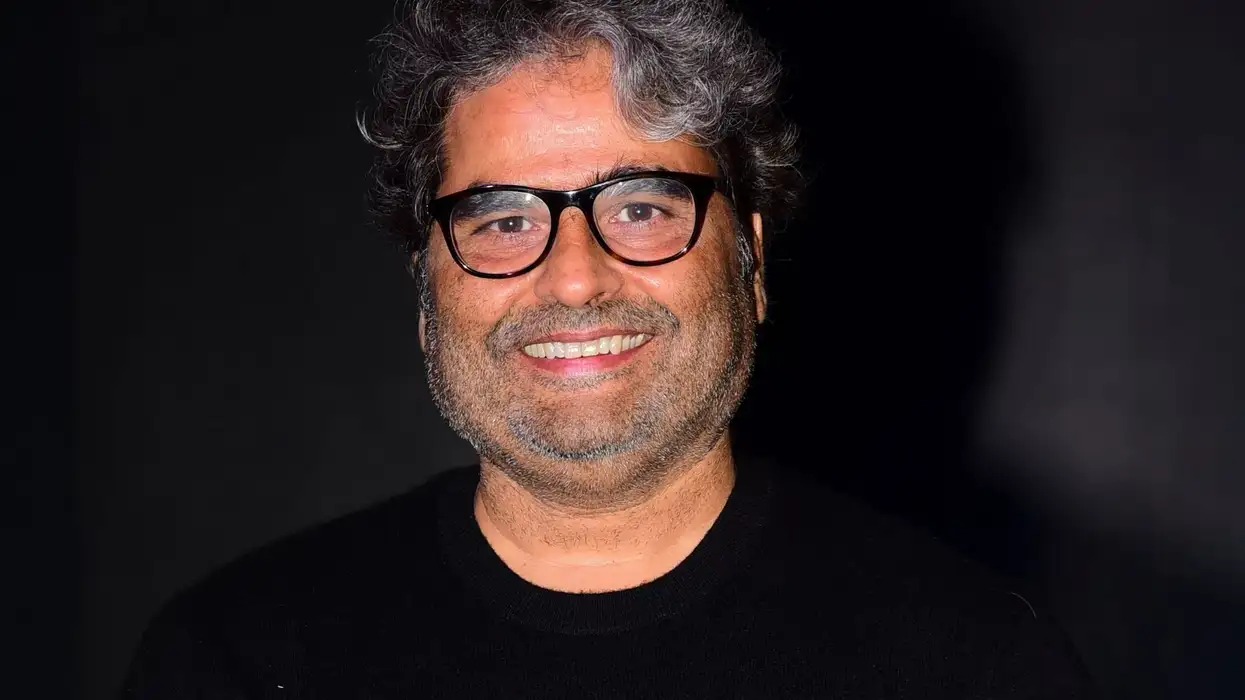The man behind Maqbool, Omkara, and Haider says he's a little troubled by Shakespeare's imprint on his work and might wait another 10 years to get back to the bard. But the Vishal Bhardwaj-William Shakespeare connect might just be too strong for that.
A scene in Bhardwaj's latest film Khufiya, an espionage thriller, has a scene showing a theatrical production of Julius Caesar.
A possible hat tip to Shakespeare in a film about betrayal? "It wasn't by design," Bhardwaj told PTI in an interview.
"I get very happy that a lot of things happen on their own. If you analyse it later, you'll see that depth has been created in it on its own. Yes, it was because Brutus is known for his betrayal, and 'et tu Brutus' is a famous line. I wanted to name the film Khufiya: Operation Brutus at one point," he said.
The filmmaker, who translated Shakespearean tragedies Macbeth, Othello, and Hamlet into celluloid classics, said he held back because he did not want people to assume he had gone back to Shakespeare again.
"I'm also a little troubled by his imprint on my work. I will now take time to go back to Shakespeare. I will not rush. It's already 10 years (since his last adaptation Haider in 2014) and I want to wait another 10 years before I make something," Bhardwaj said.
His newest venture is a spy thriller for Netflix that he wants to turn into a franchise.
The opening scene of Khufiya, set in 2000 after the Kargil war with Pakistan, almost didn't happen, Bhardwaj said.
The dreamy opening about a woman with a red umbrella emerging from the rain with Tabu's voice playing in the background got edited out and survived because of the insistence of his friends.
"When I started filmmaking, I read a quote by a big filmmaker who said a filmmaker is known by his first shot. I found it really interesting... Which is why the first image or how I open my film is the most important thing for me," Bhardwaj said.
"When I wrote this script, I wrote the opening lines for the winters of Delhi. I wrote these lines in the very first draft, drawing an image of a beautiful girl walking through the mist. But that scene got edited out in the subsequent drafts as we felt that it does not hold or there should be an action scene," he recalled.
The film stars his favourite Tabu, with whom he worked with in Maqbool and Haider, and actors Ali Fazal and Wamiqa Gabbi. It also features Ashish Vidyarthi, Navnindra Behl, Shataf Figar, and Atul Kulkarni.




